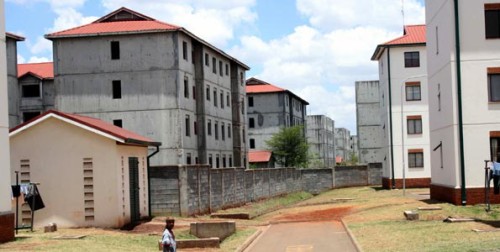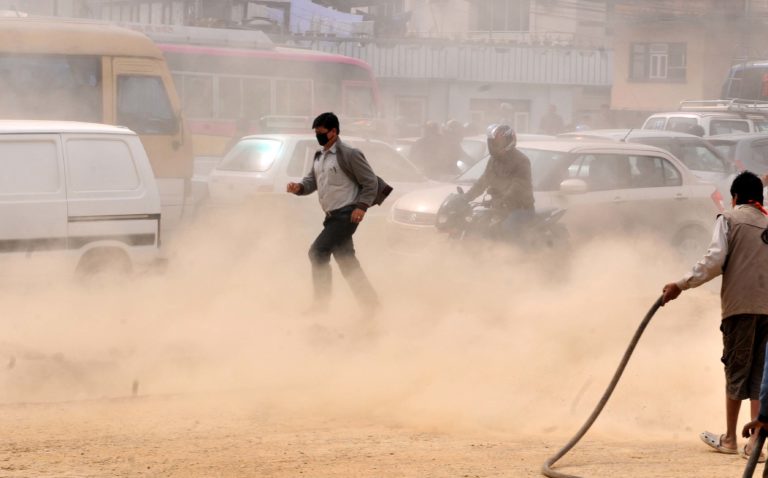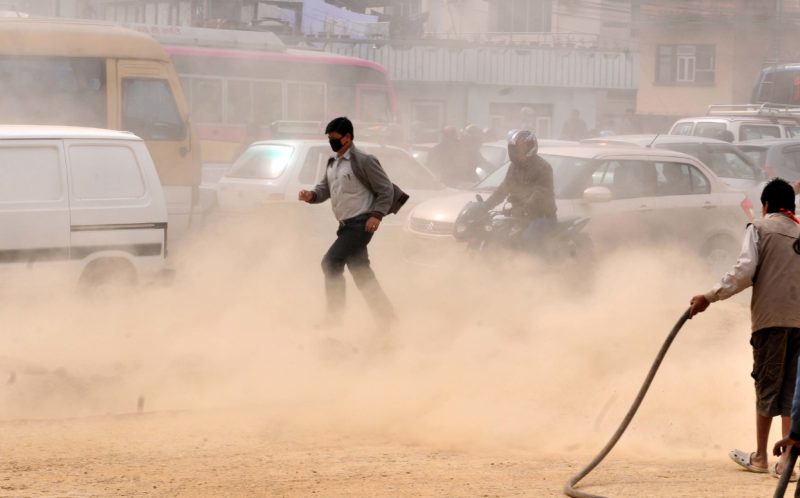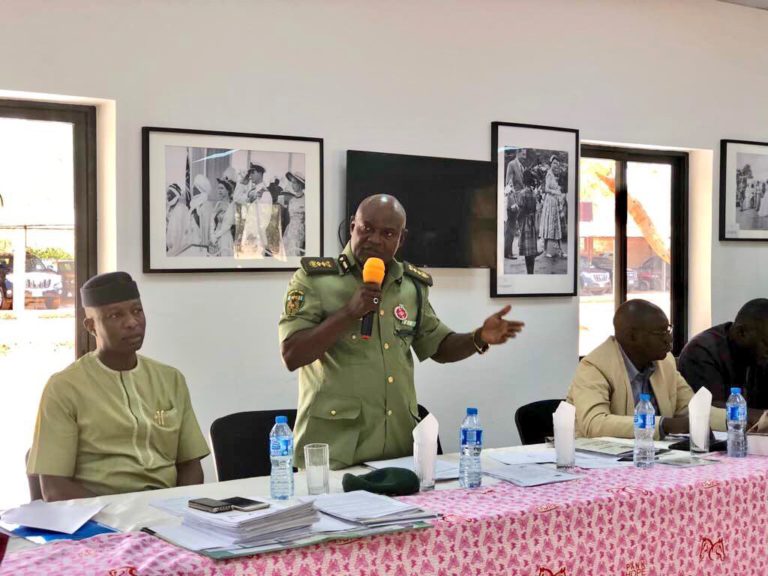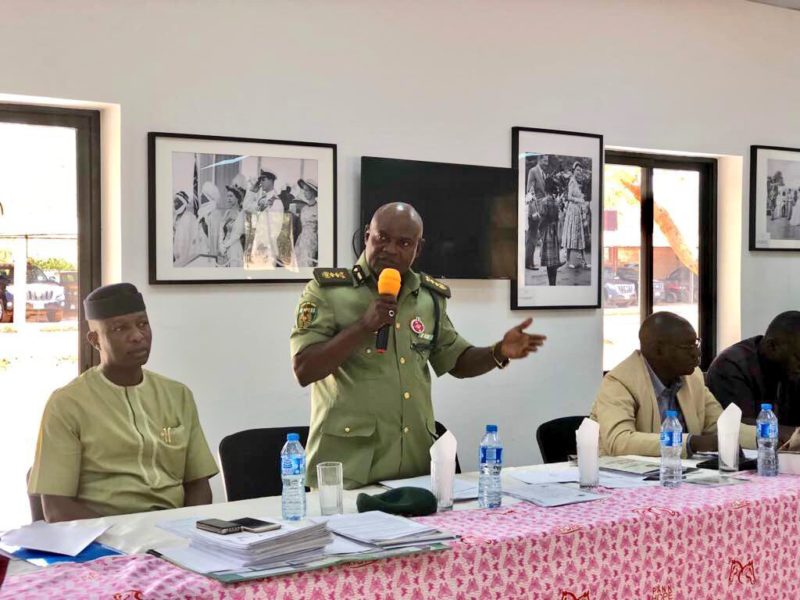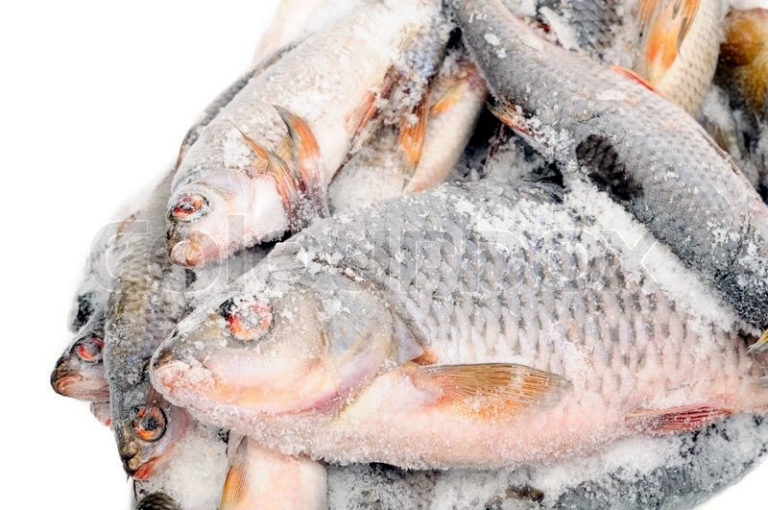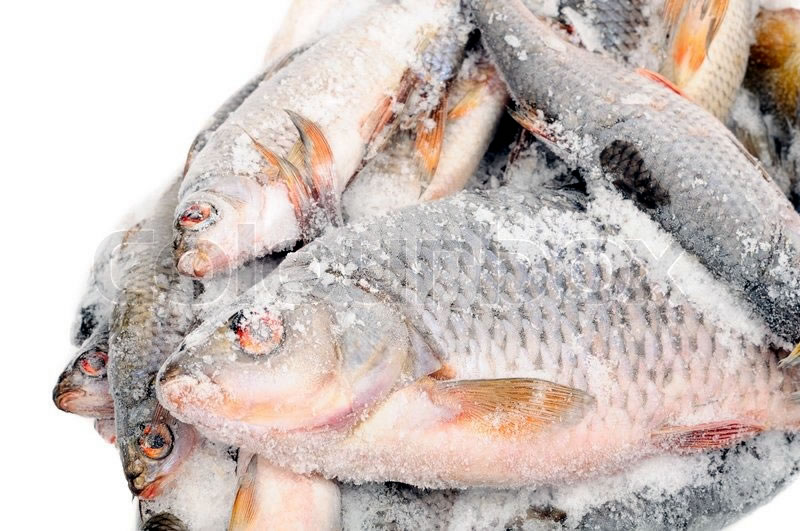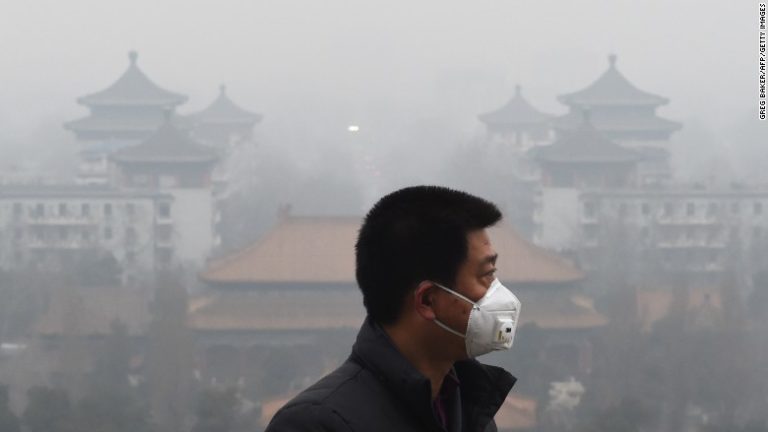The Court of Appeal in London ruled on Wednesday, February 14, 2018 that two Nigerian communities cannot pursue Royal Dutch Shell in English courts over oil spills in Nigeria’s Delta region.
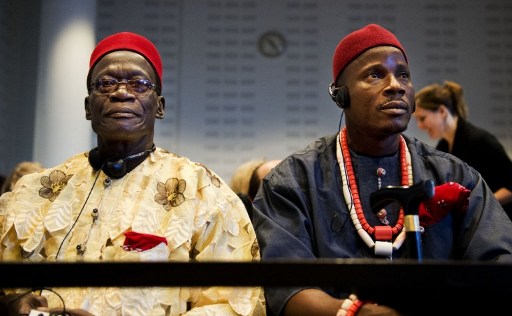
The split decision upheld a High Court ruling in 2017 that was a setback to attempts to hold British multinationals liable at home for their subsidiaries’ actions abroad.
The court rejected the appeal from law firm Leigh Day on behalf of Nigeria’s Bille and Ogale communities, and upheld a ruling that English courts do not have jurisdiction over claims against Shell’s Nigerian subsidiary Shell Petroleum Development Company (SPDC).
SPDC is jointly operated with the Nigerian government.
Shell said the court “rightly upheld” the earlier ruling, and said Nigeria’s “well-developed justice system” was the correct place for the claims.
Leigh Day said the two Nigerian communities intended to bring the case to Britain’s Supreme Court.
“We are hopeful that the Supreme Court will grant permission to appeal and will come to a different view,” Leigh Day partner Daniel Leader said.
NAN reports that n 2012 the European Court of Justice ruled that Shell parent companies “…in fact exercised decisive influence over their joint subsidiary’s conduct”; Shell Petroleum NV v. European Commission (2012) at para 51.
Further, in 2015 the Dutch Court of Appeal ruled that “Considering the foreseeable serious consequences of oil spills to the local environment from a potential spill source, it cannot be ruled out from the outset that the parent company may be expected in such a case to take an interest in preventing spills…”
The communities appealed against the ruling.
Day is representing over 40,000 Nigerian from two communities (the Ogale Community and the Bille Community) in claims against Royal Dutch Shell plc (RDS) and its Nigerian subsidiary, the Shell Petroleum Development Company of Nigeria (SPDC).
Both communities allege that they have suffered systematic and ongoing oil pollution for years because of Shell’s operations.
Shell does not dispute that both communities have been severely polluted by its oil, or that it has yet to clean up the oil.
However, in November 2016, Shell sought to block the claims in London on the grounds the London-based parent company, Royal Dutch Shell, was not legally responsible for the pollution caused by its Nigerian subsidiary and that it was open to the communities to seek redress through the Nigerian courts.
By contrast, the claimants argued that Royal Dutch Shell exercised significant direction and control over it’s Nigerian subsidiary and was, therefore, liable for its systematic pollution of Ogale and Bille.


